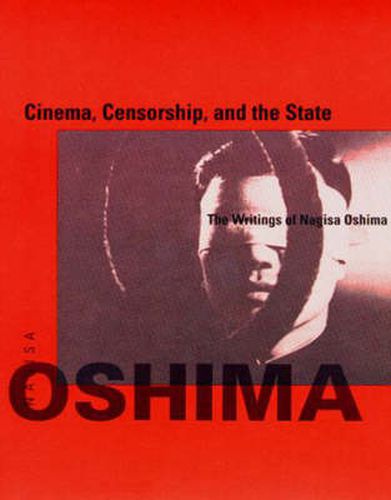Readings Newsletter
Become a Readings Member to make your shopping experience even easier.
Sign in or sign up for free!
You’re not far away from qualifying for FREE standard shipping within Australia
You’ve qualified for FREE standard shipping within Australia
The cart is loading…






Nagisa Oshima is generally regarded as the most important Japanese film director after Kurosawa and is one of Japan’s most productive and celebrated postwar artists. His early films represent the Japanese New Wave at its zenith, and the films he has made since (including In the realm of the Senses and Merry Christmas, Mr Lawrence ) have won international acclaim. The 40 writings, presented here, are arranged in chronological order and cover the period from the mid-1950s to the mid-1980s. Following a historical overview of the contemporary Japanese cinema, a substantial section articulates the theoretical and political rationale of Oshima’s film production. Among many other topics considered in his essays, Oshima questions the economics of film production, the ethics of the documentary film, censorship (both political and sexual), and the relation of aesthetics and social taboos.
$9.00 standard shipping within Australia
FREE standard shipping within Australia for orders over $100.00
Express & International shipping calculated at checkout
Nagisa Oshima is generally regarded as the most important Japanese film director after Kurosawa and is one of Japan’s most productive and celebrated postwar artists. His early films represent the Japanese New Wave at its zenith, and the films he has made since (including In the realm of the Senses and Merry Christmas, Mr Lawrence ) have won international acclaim. The 40 writings, presented here, are arranged in chronological order and cover the period from the mid-1950s to the mid-1980s. Following a historical overview of the contemporary Japanese cinema, a substantial section articulates the theoretical and political rationale of Oshima’s film production. Among many other topics considered in his essays, Oshima questions the economics of film production, the ethics of the documentary film, censorship (both political and sexual), and the relation of aesthetics and social taboos.